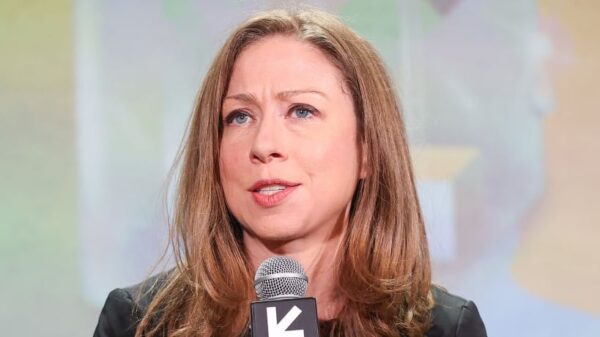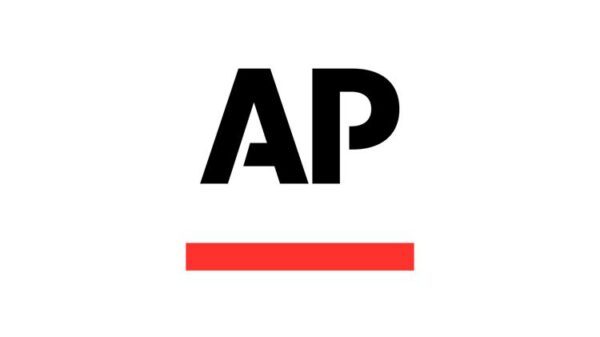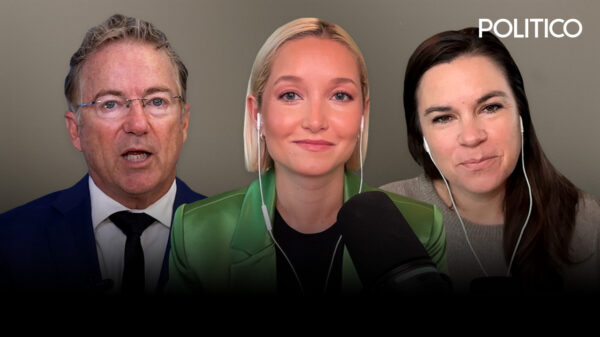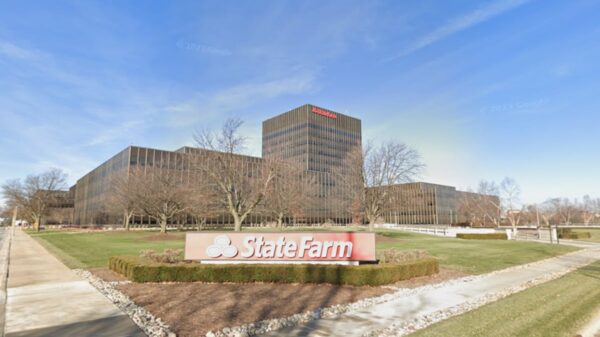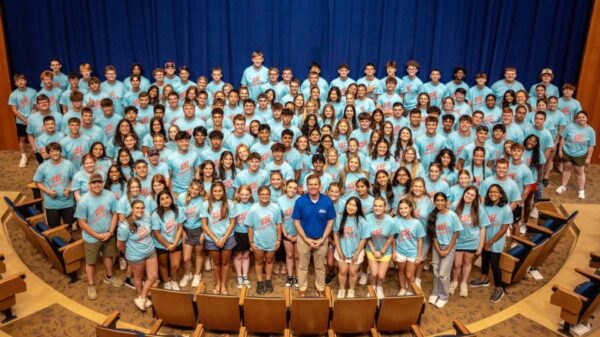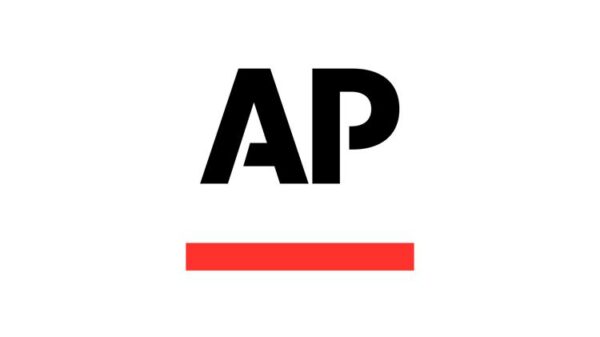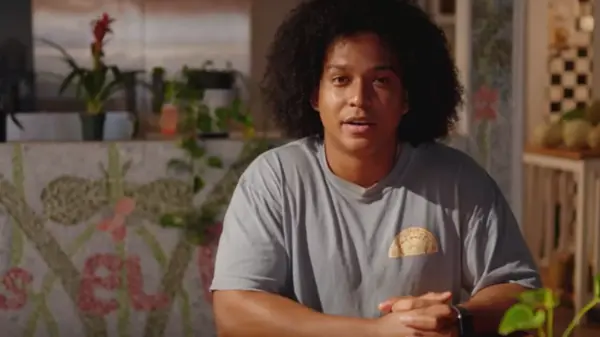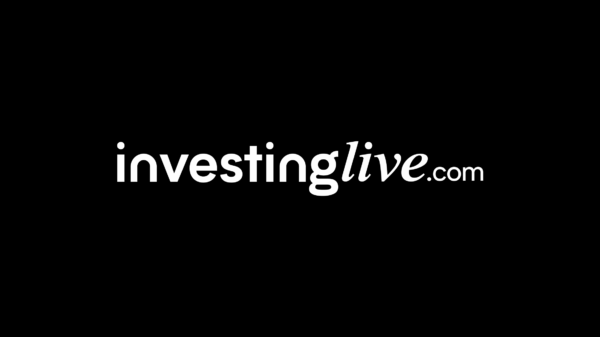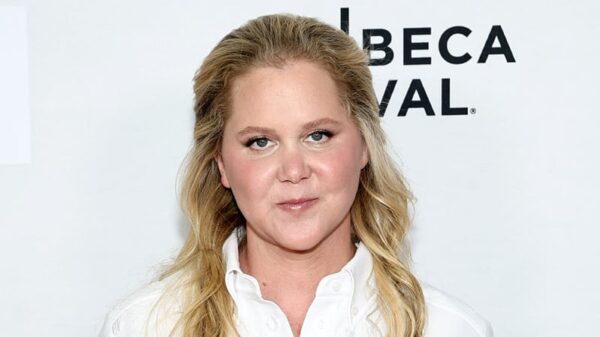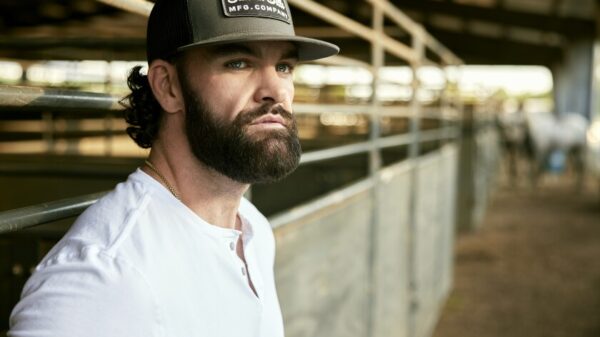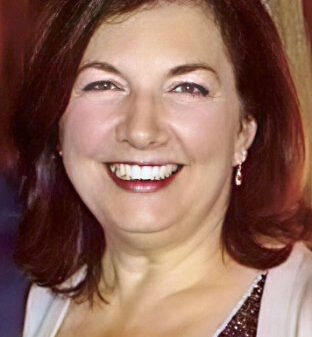Modern fatherhood presents unique challenges for millennial dads as they strive to balance work commitments with active involvement in their children’s lives. A recent informal survey conducted by Business Insider revealed insights from fathers across the United States, highlighting their experiences and the pressures they face in achieving a fulfilling work-life balance.
Millennial fathers are spending significantly more time with their children compared to previous generations. According to a 2016 Pew Research study, dads today dedicate an average of eight hours per week to childcare, which is three times the amount recorded in 1965. This generational shift reflects a growing desire among fathers to share parenting responsibilities equitably with their partners.
Despite their intentions, many millennial dads report feeling overwhelmed. The survey conducted by Business Insider garnered responses from over two dozen fathers within just 48 hours, indicating a strong interest in discussing their experiences. While some fathers expressed satisfaction with their ability to balance work and family life, many admitted to struggling with the demands of both roles.
“Trying to ‘have it all’ as a dad today often feels like spinning plates,” said Nicholas Gilpin, a 38-year-old entrepreneur and stay-at-home dad from Fair Oaks, California. He described the challenge of meeting his family’s financial needs while nurturing his business and being present with his children. For Gilpin, the hardest part is managing the guilt of not feeling sufficient in any aspect of his life.
Others echoed similar sentiments. Joshua Harville, a 35-year-old real estate agent and father of one from Fort Worth, Texas, noted that the balance of responsibilities is fluid. “Everything is just part of my life like fluid momentum,” he explained, adding that support from extended family is essential.
The survey also revealed specific challenges faced by dads trying to juggle multiple roles. For example, Michael Schmutz, a 39-year-old marketing consultant and father of four in Salt Lake City, emphasized the difficulty of maintaining high performance at work while being active in his children’s lives. He mentioned his commitment to competitive bodybuilding, which requires early morning training sessions to ensure he is present for his family by 16:00.
Dads also highlighted the logistics of attending children’s events and appointments, often requiring late nights and early mornings. According to Jason Schilling, a 41-year-old head of assurance services at a CPA firm and father of two in Minneapolis, making these adjustments is crucial for maintaining involvement in his children’s lives.
When asked about the division of parenting responsibilities, responses varied. Gilpin indicated he handles about 70-80% of daily responsibilities during the weekdays, while Harville estimated his share at approximately 35%. Schmutz reported a more equitable split at around 40%, while Schilling, who shares custody, stated that all responsibilities fall on him during his parenting time.
Flexibility in the workplace also plays a significant role in these fathers’ ability to balance their dual roles. For instance, Gilpin, who is currently building his own business, acknowledged the lack of formal support and the tension between work and childcare. Harville, also self-employed, noted that he spends over 54 hours a week with his daughter, asserting, “My employer doesn’t have a choice — I’m my employer.”
Schmidt shared that his self-employment makes it difficult to maintain work-life balance, as clients can reach out at any time. He spends about 50-60 hours weekly with his kids, while Schilling has successfully communicated his priorities to his employer, allowing him to attend his children’s activities.
Ultimately, these millennial fathers are striving to change the perception of fatherhood by being more present in their children’s lives. They are navigating the complex dynamics of modern parenting, seeking to redefine what it means to be an engaged father while managing the demands of their careers. As they continue to strive for a balance, their stories shed light on the evolving nature of parenting responsibilities in contemporary society.




